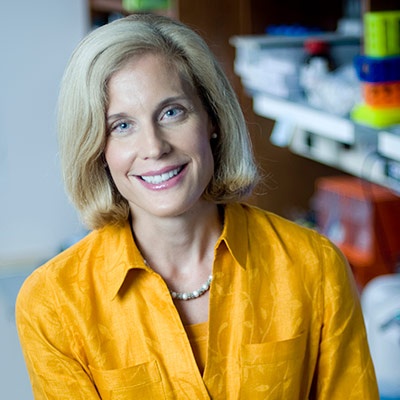

Jennifer Pietenpol, executive vice president for research at Vanderbilt University Medical Center and director of Vanderbilt-Ingram Cancer Center, was named a chief scientific advisor for the nonprofit breast cancer organization Susan G. Komen.
She joins George Sledge Jr., professor of Medicine at Stanford University Medical Center, in the CSA role, which includes responsibility for guiding the Komen Scientific Advisory Board.
The scientific advisory board helps guide Komen’s research programs and priorities. Since 2010, Pietenpol has served as a Komen Scholar, an advisory group of distinguished leaders in breast cancer research and advocacy who are chosen for their knowledge and leadership within the scientific, research and advocacy communities, and for their own contributions to breast cancer research.
Pietenpol, the Benjamin F. Byrd Jr. Professor of Oncology at Vanderbilt, is an expert in molecular genetics and triple negative breast cancer. She and her colleagues were the first to identify subtypes of TNBC and are spearheading clinical research trials to determine the best potential therapies for each subtype.











